If retirement was all about money, everyone would retire to Mississippi, the least expensive state. If it was all about taxes, we'd all retire to Alaska, the most taxpayer-friendly state.
But retirement isn’t just about money or taxes. Hawaii and California have the longest life expectancy, while Mississippi has among the lowest. New York has the most museums and theaters and Massachusetts has the lowest rate of property crime.
That’s according to a new ranking of all 50 states for retirement by WalletHub.
If you plan to move somewhere else to retire, you should consider the various factors that will affect your life, from finances and weather to family and friends, health care and crime.
“While retiring to a warm, sunny climate has a lot of appeals, being an 8-hour car ride or even plane flight from close family members can be difficult emotionally, financially, and socially for retirees,” says JoEllen Pederson, an associate professor of sociology at Longwood University in Virginia.
Aging in place, instead of moving to a new community, can be beneficial both financially and socially, Pederson says. Aging in place also allows retirees to keep the friendship connections they have developed in their home community.
“Where to settle is a big life decision and hard to undo,” says Rui Yao, a professor and director of graduate studies in the personal financial planning program at the University of Missouri. “One common mistake is to overweigh one or two positives and overlook the whole picture.”
To rank all 50 states for retirees, WalletHub compared them across three key dimensions:
- Affordability—includes adjusted cost of living, taxes, (taxation on retirement income, property and purchases, estate tax, plus tax breaks for seniors), cost of in-home health care and adult day care and share of people over 65 who could not afford to see a doctor.
- Quality of life—this includes a broad range of factors such as weather, air and water quality, beaches and shorelines, access to scenic byways, golf courses, museums, theaters, crime rates, food insecurity, volunteer activities and the number of people over 65 at risk of isolation, who are working, in poverty and other factors.
- Health care—this includes the number of doctors, dentists and nurses per capita, quality and number of hospitals, well-being index, life expectancy, and share of population over 65 who are physically active, obese, in good health, or with poor mental health.
Based on WalletHub’s research, here are the best states to retire, followed by the worst.
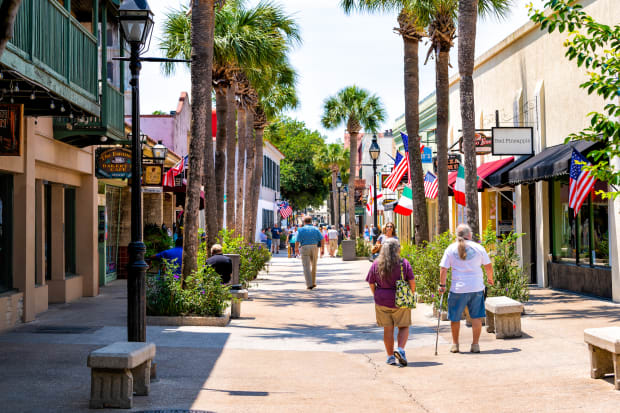
The Best States to Retire
1. Florida
- Affordability rank: 4
- Quality of life rank: 5
- Health care rank: 27
Florida has the highest population of people over 65, but is one of the states with the lowest percentage of workers over 65. It is among the states with the most theaters per capita.
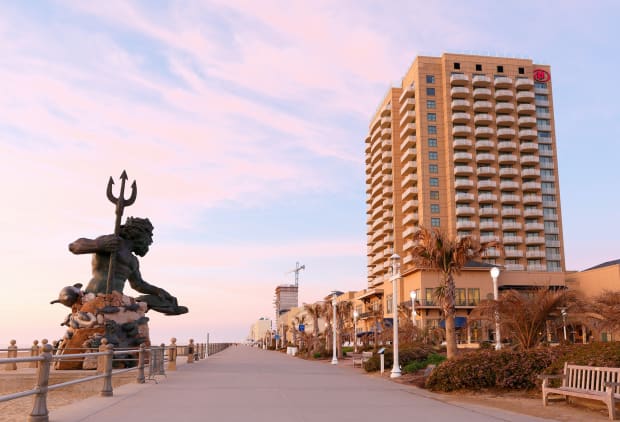
The Best States to Retire
2. Virginia
- Affordability rank: 9
- Quality of life rank: 7
- Health care rank: 13
Jay Yuan / Shutterstock

The Best States to Retire
3. Colorado
- Affordability rank: 11
- Quality of life rank: 21
- Health care rank: 4
Despite its overall ranking, Colorado is one of the five worst states for property crime rates, and also has a low percentage of population over 65.

The Best States to Retire
4. Delaware
- Affordability rank: 6
- Quality of life rank: 35
- Health care rank: 15
Delaware is one of WalletHub's best states for taxes, and has a high population of people over 65.

The Best States to Retire
5. Minnesota
- Affordability rank: 36
- Quality of life rank: 3
- Health care rank: 1
Minnesota is among the five states with the highest life expectancy, as well as theaters per capita.
Shutterstock

The Best States to Retire
6. North Dakota
- Affordability rank: 25
- Quality of life rank: 16
- Health care rank: 16
Shutterstock

The Best States to Retire
7. Montana
- Affordability rank: 14
- Quality of life rank: 18
- Health care rank: 31

The Best States to Retire
8. Utah
- Affordability rank: 19
- Quality of life rank: 20
- Health care rank: 26

The Best States to Retire
9. (tie) Arizona
- Affordability rank: 15
- Quality of life rank: 32
- Health care rank: 24

The Best States to Retire
9. (tie) New Hampshire
- Affordability rank: 34
- Quality of life rank: 2
- Health care rank: 8
Shutterstock

The Best States to Retire
11. Idaho
- Affordability rank: 13
- Quality of life rank: 19
- Health care rank: 36

The Best States to Retire
12. South Carolina
- Affordability rank: 3
- Quality of life rank: 38
- Health care rank: 35

The Best States to Retire
13. Wyoming
- Affordability rank: 18
- Quality of life rank: 13
- Health care rank: 37

The Best States to Retire
14. South Dakota
- Affordability rank: 22
- Quality of life rank: 33
- Health care rank: 11
Of all 50 states, South Dakota has the highest percentage of workers aged 65 and older.

The Best States to Retire
15. Wisconsin
- Affordability rank: 32
- Quality of life rank: 10
- Health care rank: 17

The Best States to Retire
16. California
- Affordability rank: 30
- Quality of life rank: 24
- Health care rank: 12
California ranks among the states with the highest adjusted cost of living, but also among those with the longest life expectancy and most museums and theaters per capita.
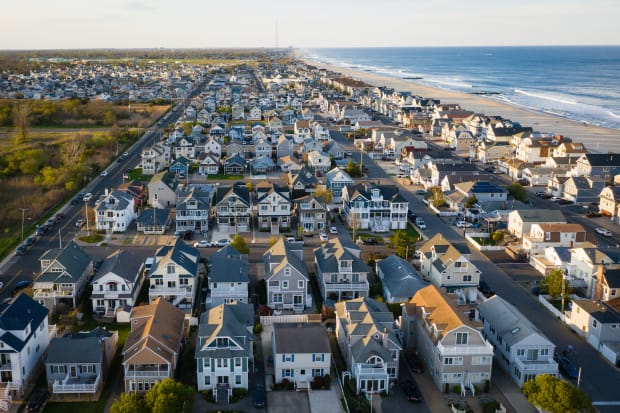
The Worst States to Retire
50. New Jersey
- Affordability rank: 49
- Quality of life rank: 34
- Health care rank: 28
On the upside, New Jersey has low property crime rates.

The Worst States to Retire
49. Mississippi
- Affordability rank: 12
- Quality of life rank: 50
- Health care rank: 49
Mississippi has the lowest adjusted cost of living of all 50 states, but is near the bottom for life expectancy.
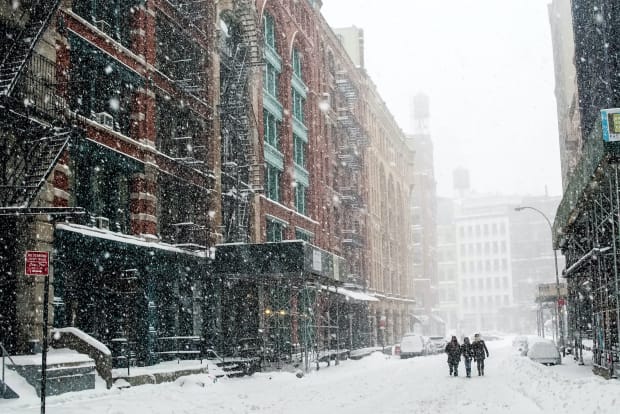
The Worst States to Retire
48. New York
- Affordability rank: 50
- Quality of life rank: 12
- Health care rank: 7
New York is one of the five most expensive states and is ranked poorly by WalletHub for taxes. It does, however, rank third for life expectancy behind Hawaii and California and is No. 1 for the number of theaters and museums per capita.

The Worst States to Retire
47. Kentucky
- Affordability rank: 26
- Quality of life rank: 42
- Health care rank: 47
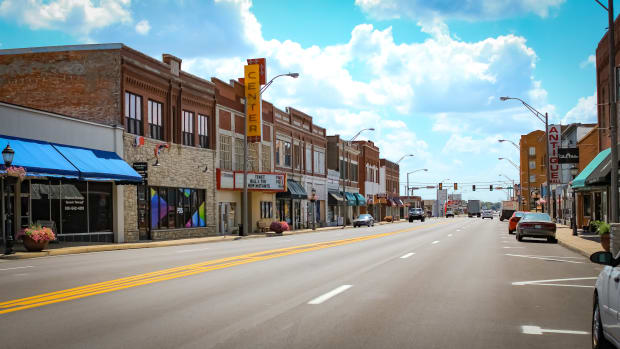
The Worst States to Retire
46. Oklahoma
- Affordability rank: 21
- Quality of life rank: 44
- Health care rank: 44

The Worst States to Retire
45. Illinois
- Affordability rank: 47
- Quality of life rank: 23
- Health care rank: 21
Illinois has WalletHub's worst taxpayer ranking.
Kristopher Kettner /Shutterstock
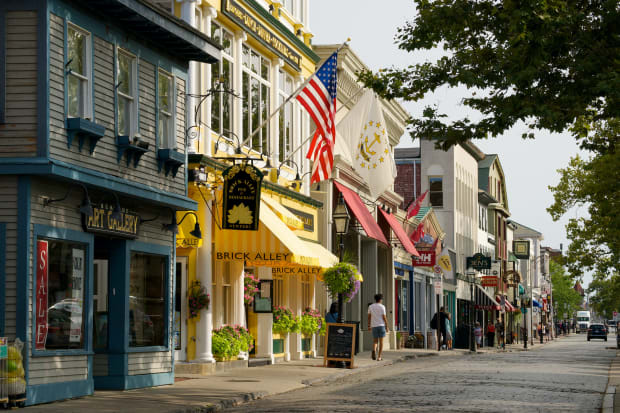
The Worst States to Retire
44. Rhode Island
- Affordability rank: 40
- Quality of life rank: 39
- Health care rank: 19

The Worst States to Retire
43. Arkansas
- Affordability rank: 16
- Quality of life rank: 48
- Health care rank: 43
Arkansas enjoys a low cost of living, but ranks among the states with the fewest museums and theaters, as well as the states with the lowest life expectancy.

The Worst States to Retire
42. West Virginia
- Affordability rank: 17
- Quality of life rank: 43
- Health care rank: 45
West Virginians have the lowest life expectancy of all the states.

The Worst States to Retire
41. Louisiana
- Affordability rank: 7
- Quality of life rank: 47
- Health care rank: 46

The Worst States to Retire
40. Washington
- Affordability rank: 46
- Quality of life rank: 8
- Health care rank: 23
Shutterstock

The Worst States to Retire
39. Tennessee
- Affordability rank: 2
- Quality of life rank: 48
- Health care rank: 48

The Worst States to Retire
38. Oregon
- Affordability rank: 43
- Quality of life rank: 17
- Health care rank: 18

The Worst States to Retire
37. Alaska
- Affordability rank: 38
- Quality of life rank: 36
- Health care rank: 10
Alaska ranks among the five states with the highest adjusted cost of living.
See how other states ranked, and the methodology for this study at WalletHub.







